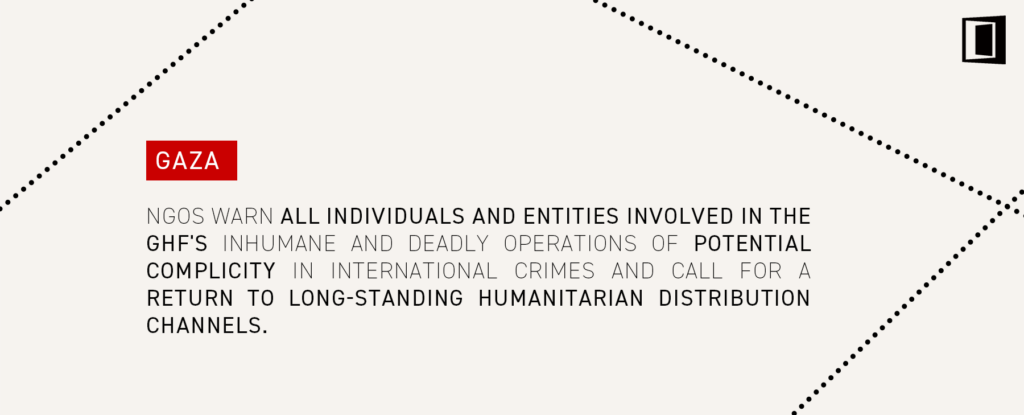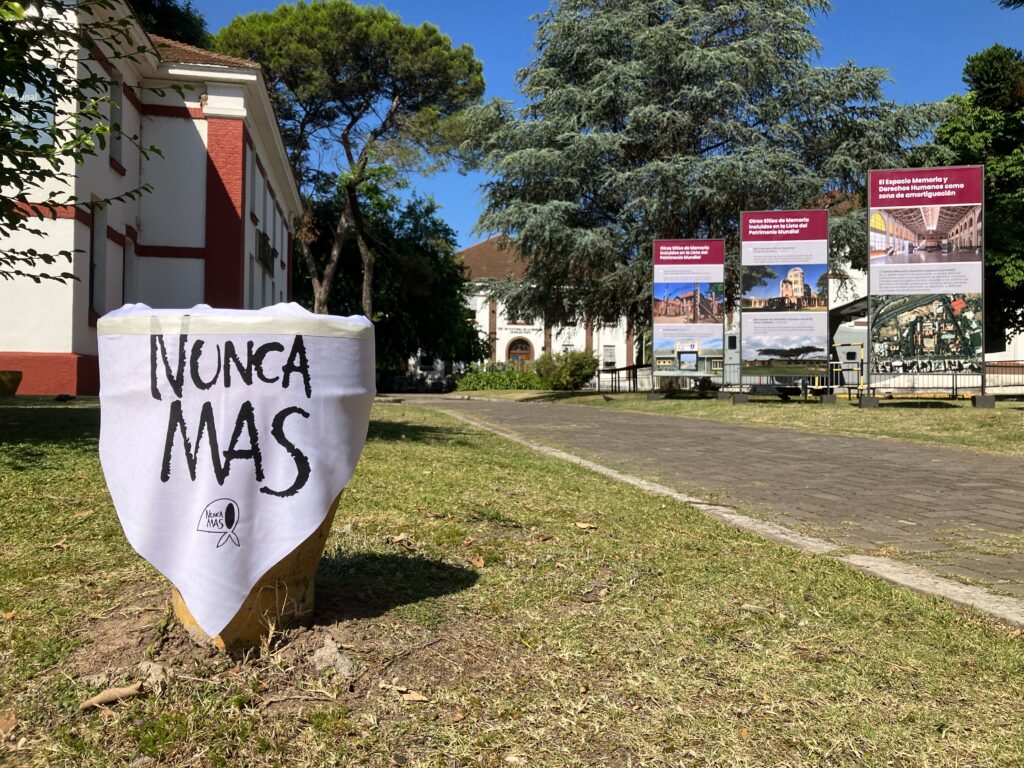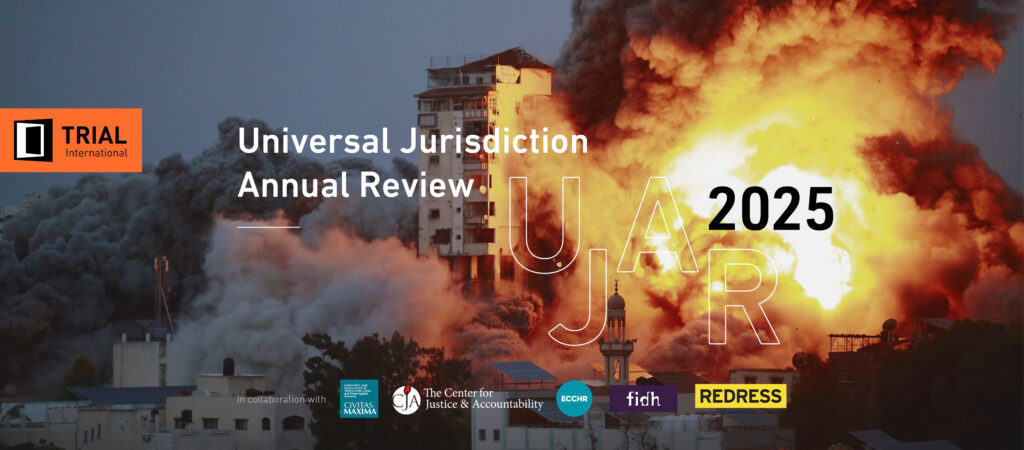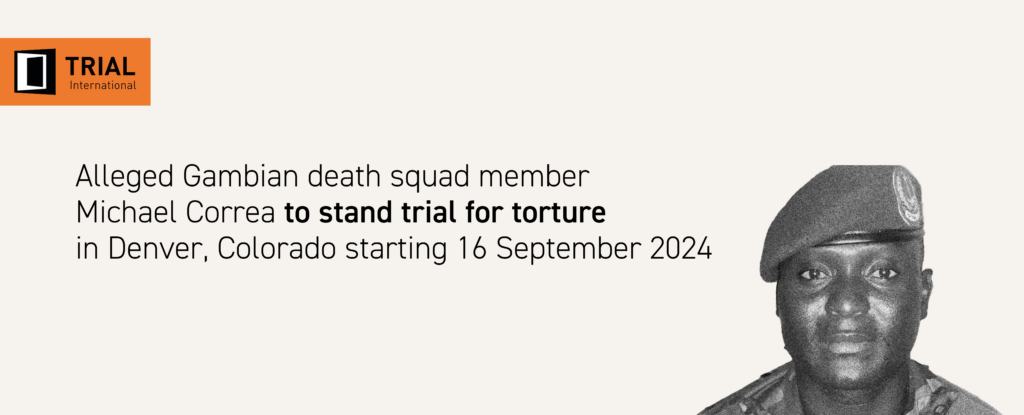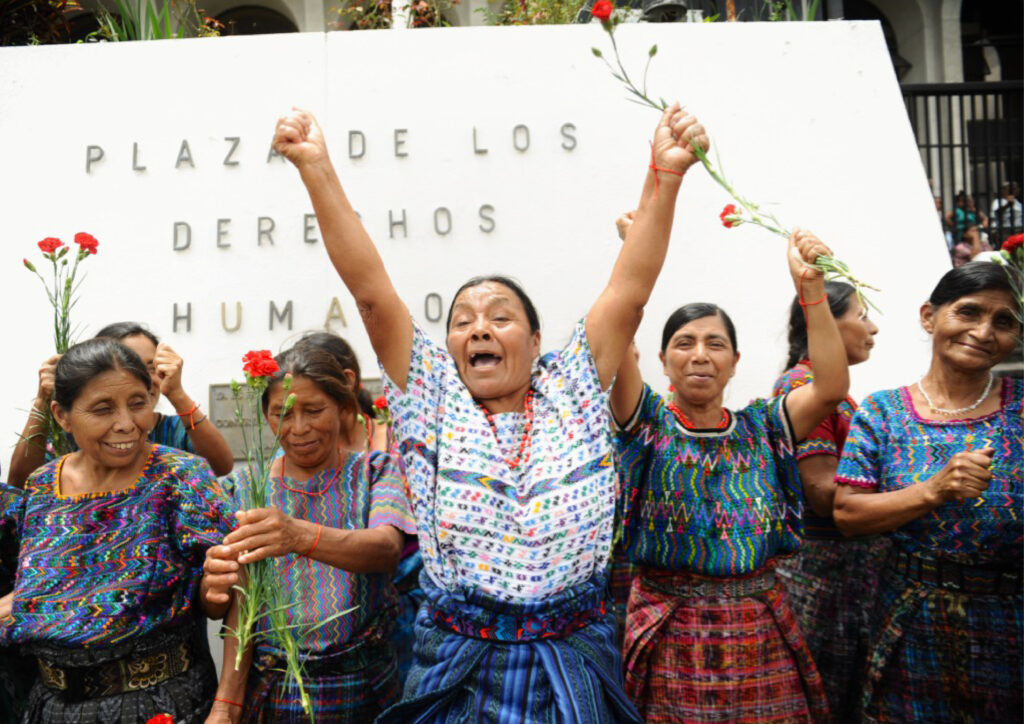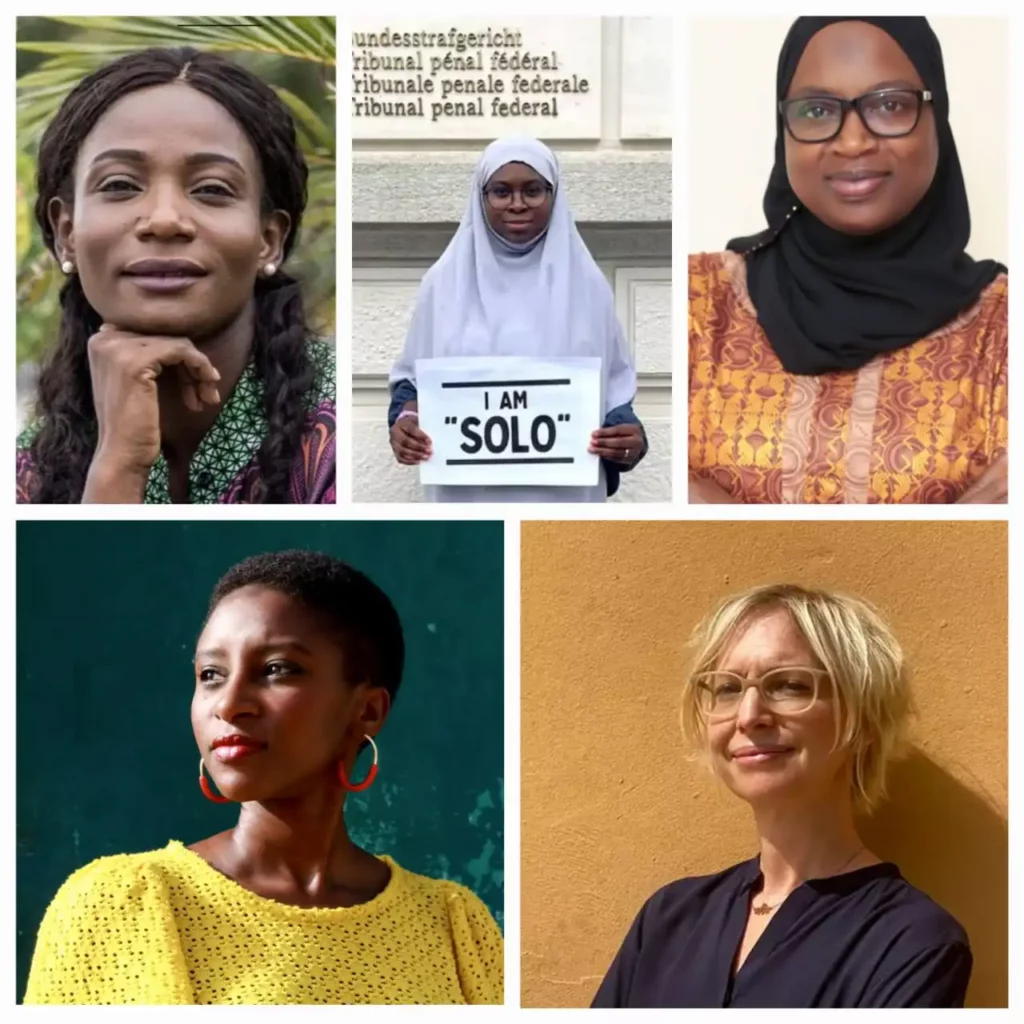International justice: a last resort for some, troubles for others
The conviction of Eshetu Alemu last December for war crimes has brought to light the opportunities offered to victims of grave crimes by international justice. However, the latter can only be efficient if sufficient means are allocated to it. Valérie Paulet, expert on universal jurisdiction, examines the situation.
What message does Eshetu Alemu’s conviction convey, decades after the events?
Valérie Paulet: Firstly, that it is never too late! As shown by the scenes of jubilation during Hissène Habré’s conviction in 2017, time doesn’t erase the trauma experienced by the victims. Eshetu Alemu’s case is also proof that with necessary means and genuine independence, the prosecutors from “war crimes units” can accomplish an outstanding job.
Cases of universal jurisdiction and extraterritorial are complex. The research of evidence is made difficult by the time that has passed, by the fact that the crimes have been committed abroad, but also because of diplomatic obstacles. Therein lies all the interest of specialized units. They consist of professionals capable of overcoming the said difficulties and demonstrating remarkable relentlessness.
We can only regret that the Office of the Attorney General of Switzerland (OAG) doesn’t follow this example in all the cases that it handles. The merger of the “judicial assistance” department and the “war crimes” unit in 2015 is problematic, in terms of resource allocation for instance. Nevertheless, certain declarations from the OAG, like the referral for trial of two Liberian and Gambian cases concerning war crimes and crimes against humanity respectively, are encouraging.
In which way did the atrocities committed by Eshetu Alemu pertain to universal competence?
V.P.: Universal competence is most commonly invoked for crimes of torture, crimes against humanity, war crimes or genocide. In this case, Eshetu Alemu was accused of participating in the “Red Terror” that raged in Ethiopia from the end of the 1970s.
He was convicted of participating in massacres, acts of torture and supervising the illegal detention, in inhumane and degrading conditions, of more than 300 people. These facts were described by the Dutch prosecutor as war crimes and by the Ethiopian prosecutor as crimes against humanity. In this respect, the offences committed by Eshetu Alemu fall within the scope of universal competence.
However, it must be stated that Eshetu Alemu acquired the Dutch nationality in the 1990s. Thus, the Netherlands and its jurisdictions were competent to judge him on the grounds of his nationality, and not by virtue of the principle of universal competence.
Who are the critics of universal competence?
V.P.: Universal jurisdiction is a stone in the shoes of diplomats. It can make relationships between States tense, as was the case between France and Morocco when a French judge summoned the Moroccan head of intelligence to appear.
But in democracy, justice must be independent and can therefore not be used as an instrument of negotiation. Universal jurisdiction is a last resort for thousands of victims who cannot obtain justice in their country. It prevents countries from becoming a refuge or a safe haven for war criminals.
Does universal jurisdiction interest you?
Valérie Paulet will be in Geneva on June 26 to present the report Make Way for Justice #4, in partnership with the Geneva Academy. More information on this event.

